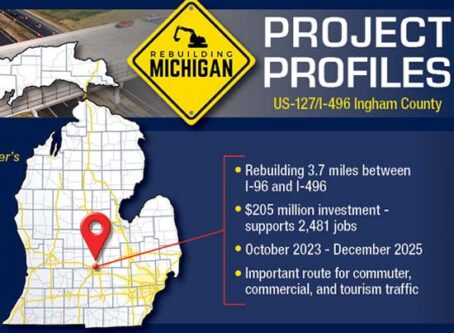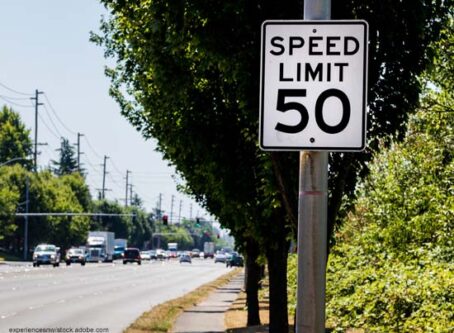Public-private partnerships expansion nears approval in Pennsylvania
A bill on the verge of passage in the Pennsylvania statehouse would tap public-private partnerships to aid the completion of truck-related projects.
The House Rules Committee has voted unanimously to endorse Senate changes to a bill to expand the state’s authorization to use public-private partnerships beyond roads, bridges, rail, transit, and parking facilities. The bill now heads to the House floor for a final vote before it can move to the governor’s desk.
The legislation, HB2065, would increase the scope of the state’s P3 program to allow for public-private transportation projects to include weigh stations, weigh station bypasses, and rest areas.
Alternative fuel-powered vehicles
A Senate change made to the bill would authorize partnerships to include projects to benefit alternative fuel-powered vehicles, such as charging stations.
Advocates say that affected vehicle owners are being asked to pay more to use roads, but they do not have the same access to roadways as owners of traditional fuel-powered vehicles due to a lack of charging stations around the state.
Biggest cities get attention
Another change would permit counties to participate in P3 transportation agreements. Additionally, the cities of Philadelphia and Pittsburgh would have authorization to participate in transportation agreements.
A fiscal note attached to the bill states the authorization for the state’s two largest cities would allow them “the potential to generate additional revenue and/or reduce costs.”
Rep. Martina White, R-Philadelphia, previously wrote in a memo to lawmakers that she believes that extending the scope of the state’s P3 program would enhance the transportation benefits resulting “from a strong relationship between the public and private sectors.”
Reporting requirement
The legislation would also require the public-private partnership transportation board overseeing the program to submit an annual report to the General Assembly. The board would be responsible for the following:
- A description of all transportation projects evaluated, and resolutions adopted;
- A description of all transportation projects denied and reasons for the denial;
- A description of all unsolicited plans for transportation projects submitted by private entities and the status of the board’s evaluation of the unsolicited plans; and
- A description of all requests for the transportation projects submitted by public entities and the status of the board’s evaluation of the requests.
If the full House does not approve the amended legislation, a conference committee of select members from both chambers could meet to work out their differences. LL









